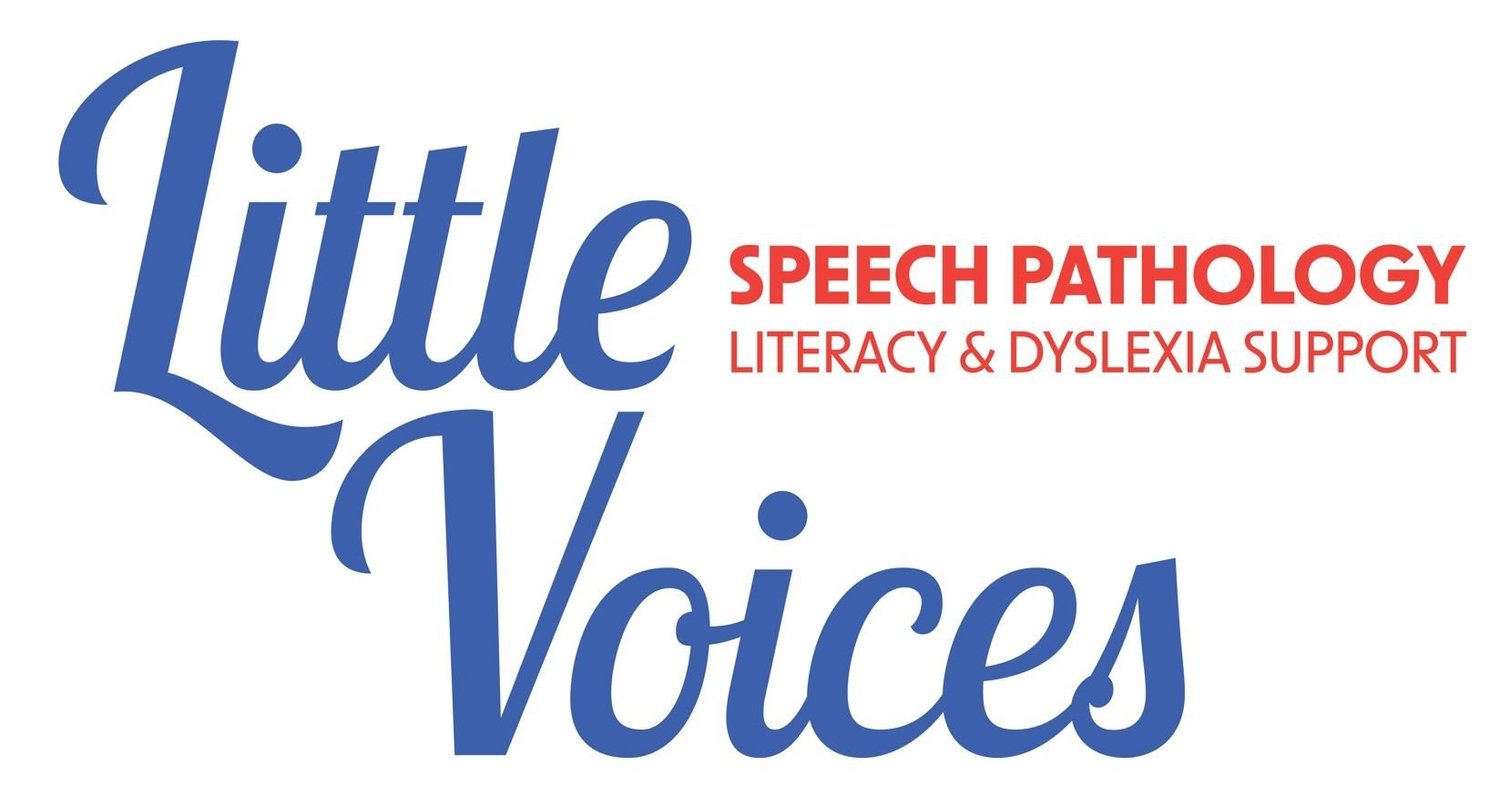Phonological Awareness and Phonemic Awareness
What are they are why are they so important for learning to read?
For those of you who have read my previous blogs you will know that I am very passionate about working with children with literacy difficulties. About 80% of the children I see in my clinic now are referred to me due to difficulties with reading and spelling. Of all the children I work with who have trouble developing reading and spelling, the majority of them have difficulties in an area known as phonological awareness. Phonological awareness is a crucial foundation skill for the development of reading and spelling. There has been multiple research over the years that tells us that children with stronger phonological awareness skills are those that become stronger readers.
So what is phonological awareness?
Phonological awareness is a broad term, referring to the ability to focus on the sounds of speech as distinct from its meaning: on its intonation or rhythm, on the fact that certain words rhyme, and on the separate sounds. When children play with language by repeating syllables; they are demonstrating an awareness of the phonological element of rhyme. Konza 2011
Phonological awareness involves the following skills:
Identifying the syllables in words;
Identifying rhyming words;
Producing rhyming words;
Matching words that begin with the same sound;
Identifying the initial or final sounds in words;
Blending speech sounds together to make a word;
Breaking words up into their individual sounds;
Deleting and manipulating sounds in words to create new words.
The terms phonological and phonemic awareness are often used interchangeably and many people become confused about what they mean.
What is phonemic awareness?
Phonemic awareness is:
a subset of phonological awareness;
at the individual speech sound (phoneme) level;
understanding that speech sounds are the building blocks of spoken words;
the most important phonological element for the development of reading and spelling.
Phonemic awareness is the ability to focus on the separate, individual sounds in words, the phonemes.
"If children cannot hear the separate sounds in words (and certain English sounds do not exist in some other languages), they cannot relate these sounds to the letters of the alphabet and so cannot use decoding skills to analyse unknown words". (Research into practice - http://www.decd.sa.gov.au/literacy/)
"The lack of phonemic awareness is the most powerful determinant of the likelihood of failure to learn to read."
Mastery of phonemic awareness has been found to be more closely correlated to reading ability than tests of general intelligence, reading readiness, or listening comprehension. “Al Otaiba et al National Institute of Health.”
Unfortunately in most schools I've worked in there is not nearly enough work done in the early years to help children develop phonemic awareness skills. It's crazy given how much research there is into how crucial these skills are that our kids are not being taught them at school. There is a lot that parents can do at home though to ensure that your kids can develop these vital skills.
There are some great apps around that work on phonemic awareness. The ones that I use in my clinic all the time are:
Oz Phonics : This is an Australian based app that works through phonemic awareness skills in a sequential order, beginning with the most basic in Oz Phonics intro into reading, and working through to more complex skills in Oz Phonics 4. See the video clips below for demonstrations of how to do some of these activities.
Reading Dr: Reading Dr apps are also Australian based. They are created by an Australian Speech Pathologist and are based on evidence based methods into how children learn to read, focusing on the phonemic awareness skills of blending and segmenting.
Below are some videos where I demonstrate 3 of the most important phonemic awareness activities; blending, segmenting and elision (deleting a sound from a word).

